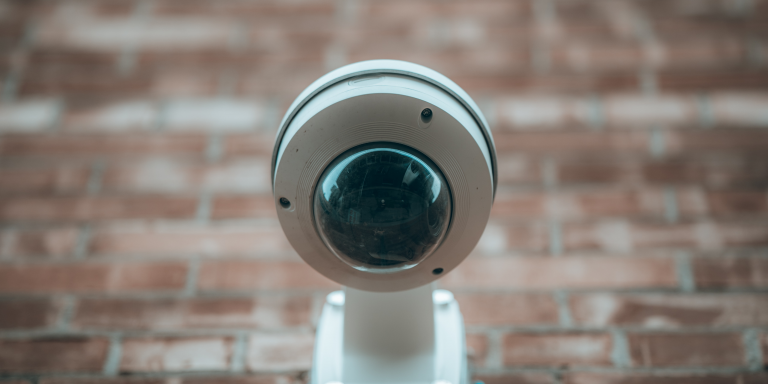
According to The Irish Times, Irish Justice Minister Helen McEntee announced in late May that her department was drafting legislation to allow the Garda Siochena, the country’s national police force, to use facial recognition technology to analyze CCTV footage of serious crime suspects or missing persons, saying it would save thousands of man hours.
If there is one AI technology that is causing debate and concern, it is facial recognition. While China uses it to repress journalists, foreign students, the Uyghur community and “people of concern”, Europe is trying to regulate its use in public spaces via the RGPD. At the global level, most police services use it and more and more cities are installing smart cameras. However, it raises issues of data use and algorithmic bias.
Garda Siochena’s adoption of facial recognition technology
The European AI law when finalized is expected to ban the use of real-time facial recognition in public places, except in limited circumstances. Following protests that the announcement raised, including rushing through legislation, McEntee said safeguards will be put in place on the use of the technology and that it will be subject to data protection rules.
A spokeswoman for the Department of Justice said consultations were underway with stakeholders and that McEntee would finalize the proposals with the attorney general ” and present them to the government before the committee stage of the bill, which is expected to occur in the fall.”
She stated:
“Facial recognition will not be used for indiscriminate surveillance – it will be used in very clearly defined circumstances to help gardaí search CCTV and video footage. “
According to “The Irish Times” sources, the live use of the technology would only be in specific circumstances, with the main purpose of the legislation being to help national police officers process the masses of information they gather as evidence from CCTV and digital recordings. In addition, law enforcement will be able to use body cameras and access third-party video surveillance feeds, such as automatic license plate recognition (ANPR).
Opponents of Irish legislation call for moratorium
While representatives of the GRA (association representing the Garda) believe that such technology would offer a very positive benefit in the fight against serious crime, MP James Lawless, also Chairman of the Justice Committee of Oireachtas, the Irish legislature, warned of the problems of facial recognition, citing a 2019 report by the London Met that found that the wrong person had been identified in up to 80% of cases.
In addition, 52 experts, including academics and NGOs, wrote an open letter expressing their concerns and calling on Justice Minister Helen McEntee to impose a moratorium on the use of facial recognition technology by the police.
In it they state:
“public safety and national security can sometimes trump the right to privacy, intrusions of police FTR surveillance are wholly unnecessary and disproportionate. The use of FTR is likely to have significant chilling effects, changing the way people use public spaces and online. “
In it, they warn that the technology is dangerous and add:
“Scientists agree that the technology is simply not advanced enough and does not live up to the claims of its developers. However, even if accuracy were to improve, because the technology can be deployed indiscriminately, it risks exacerbating the problem of over-policing in areas where marginalized groups live, leading to disproportionate criminalization, racial and ethnic profiling, and derailing people’s lives. “
Translated from Irlande : le gouvernement envisage d’adopter la technologie de reconnaissance faciale pour sa police nationale









